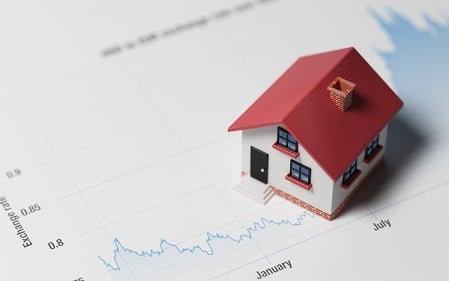Rescheduled loan closings and bid withdrawals on damaged homes may impact sales

August recorded a decrease in potential existing-home sales as concerns over the impact of Hurricanes Harvey and Irma on the housing market grow, according to the potential home sales model released by First American Financial for August.
First American recorded potential existing-home sales at a seasonally adjusted, annualized rate of 5.71 million for August, a decrease of 1.3% month over month. Additionally, there was a 3.7% decrease in the market potential for existing-home sales during the month compared to the prior-year period, representing a loss of sales at a seasonally adjusted, annualized rate of 221,000.
“While the full scope of the damage from hurricanes Harvey and Irma is still being assessed, it is clear the impact on the housing market will be considerable. The Houston metropolitan area and the impacted Florida counties alone accounted for 8% of all US existing home sales in 2016,” said Mark Fleming, chief economist at First American. “We expect existing-home sales to decrease in the short-run, as loan closings are rescheduled and some borrowers with pending contracts withdraw their bids on damaged homes. As recovery efforts move forward, the pre-hurricane shortage of construction workers will likely hamper the process of rebuilding efforts, and further limit the pace of new home construction, as the limited labor supply shifts away from new home construction to rebuilding efforts.”
Additionally, First American said that the existing-home sales market is falling short of its potential by 3.6%, representing sales at a seasonally adjusted, annualized rate of 206,000. According to Fleming, the increasingly tight supply drove the July decline in actual existing-home sales, resulting in a wider market performance gap.
First American also found that there was a decrease of sales estimated at a seasonally adjusted, annualized rate of 72,000 between July and August. Fleming said the decrease comes amid a recent decline in home building permits, which is an indicator of future housing stock.



